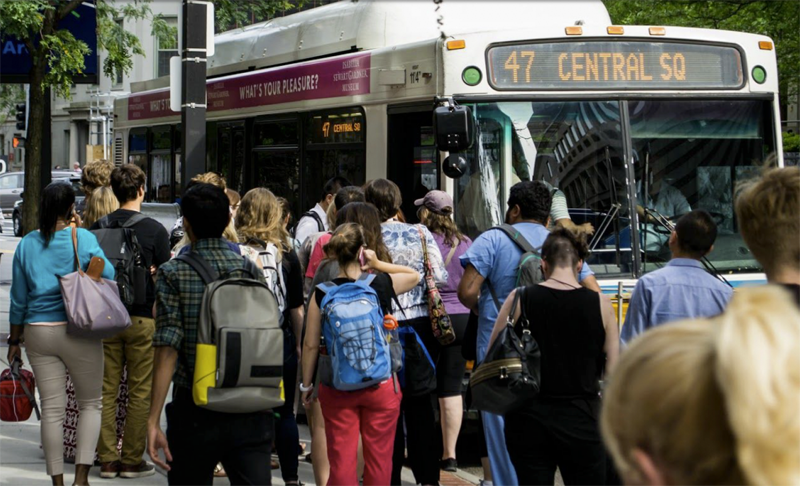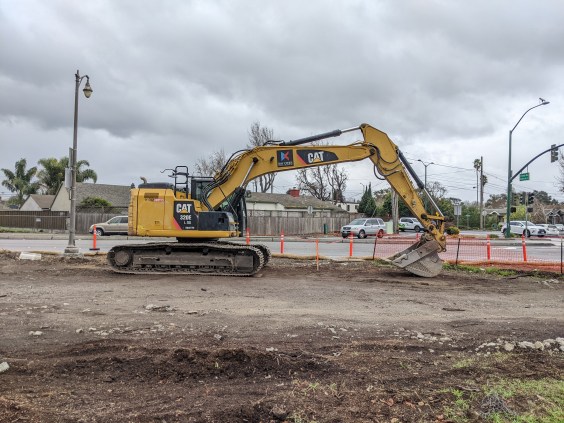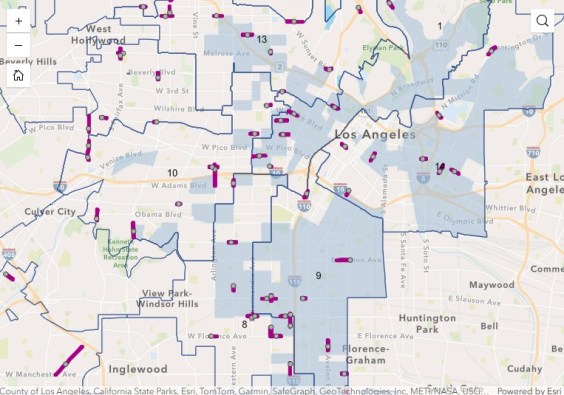New taxes on transit and bikes would raise revenue for highway construction under a bill introduced last week by Pennsylvania Republican Bill Shuster, chair of the House Transportation Committee.
In addition to raising the federal gas tax, the bill calls for a huge increase in fuel taxes paid by transit agencies, as well as a 10 percent tax on adult bicycle tires and electric batteries for cars and bikes.
Federal lawmakers have not raised the gas tax since 1993, and gas tax revenues no longer come close to paying for the federal transportation program. Shuster's bill would raise the gas tax by 15 cents per gallon (20 cents for diesel) over three years, then indexing it to inflation. Over 10 years, the bill would bring in $300 billion more for federal transportation programs than current funding levels.
But Shuster has larded his bill with revenue sources that put the squeeze on transit and biking, which are already at a huge structural disadvantage in the U.S. While the bill is not expected to go anywhere, the idea of raising taxes on transit and bikes may have staying power with Republican lawmakers.
The bill includes a 10 percent tax on adult bicycle tires, for instance, estimated to raise $15 million a year by 2021 [PDF]. The tax may not serve any transportation policy purpose, but it's a great way to pander to angry conservatives who resent the tiny fraction federal spending that goes toward bike infrastructure.
The damage to transit agencies would be much worse. Since 1978, transit agencies have been exempt from federal fuel taxes. Shuster wants to eliminate that exemption. Transit agencies running diesel buses would have to start paying the existing 24.5-cent per gallon diesel tax, plus the 20-cent hike on diesel as well. Agencies operating diesel trains would also be newly subject to a smaller 4.3-cent per gallon tax.
American transit agencies consumed 603 million gallons of diesel fuel in 2017, according to the American Public Transit Association [PDF] (although not all apply for the exemption). The Shuster bill would amount to a tax increase of more than $200 million annually on transit agencies for diesel alone (other fuels are taxed at different rates and would add to the total). Many agencies would be forced to hike fares, cut service, or raise local taxes in response.
Shuster's justification is that "a number of surface transportation system users do not currently pay into the system, even though they benefit from it." But it's an indefensible policy, shifting some costs of the federal transportation program -- which largely funds highways -- to transit riders who can least afford it.
"The Highway Trust Fund shouldn't be funded on the backs of transit and bikes, even if it is a short-term measure," said Sean Doyle, a spokesperson for Transportation for America.






